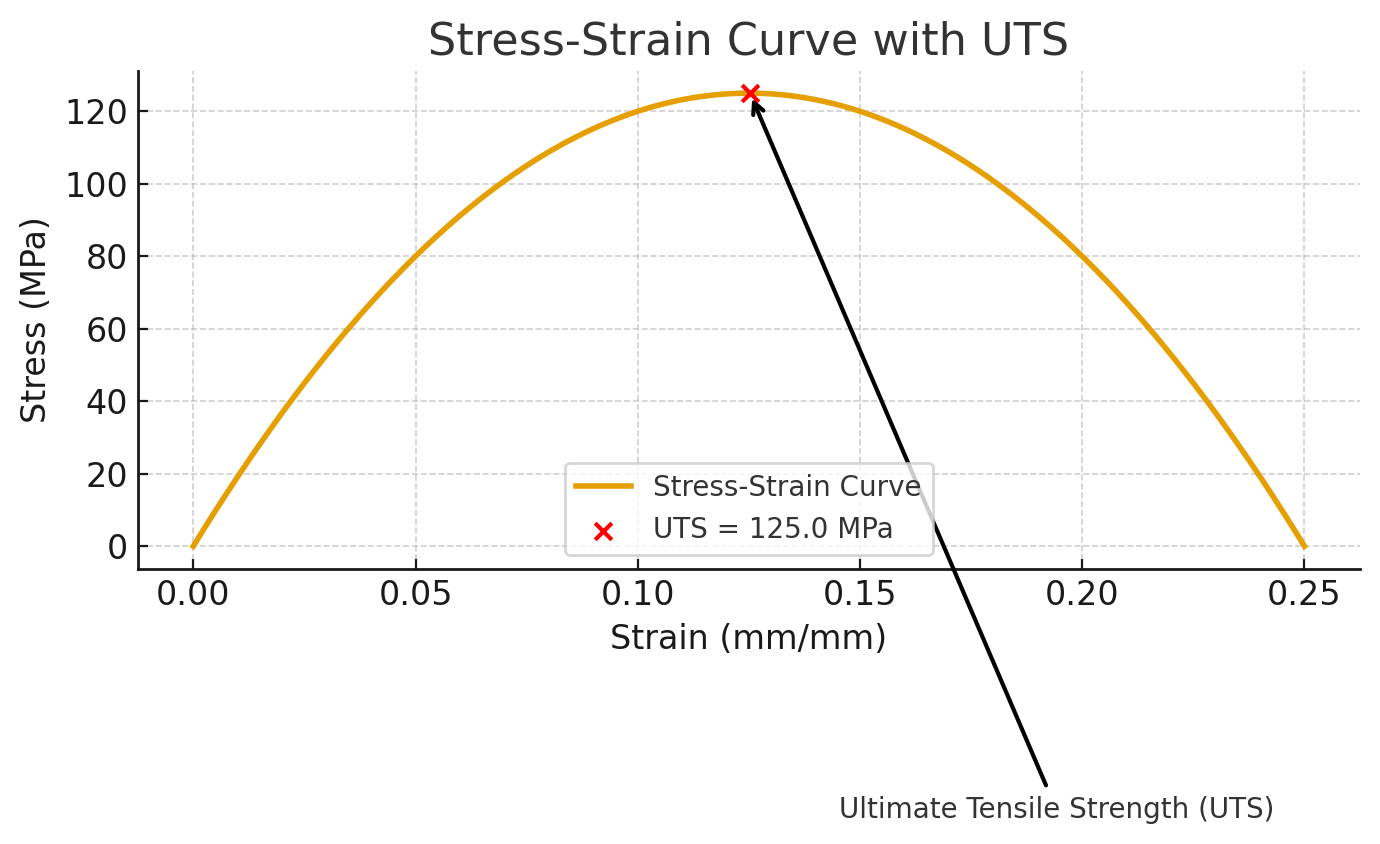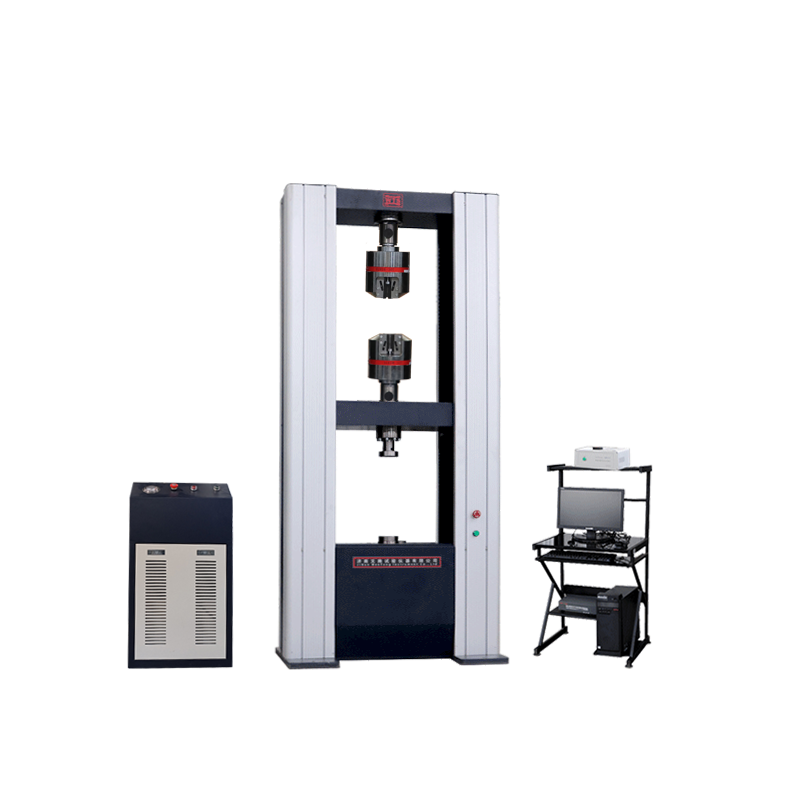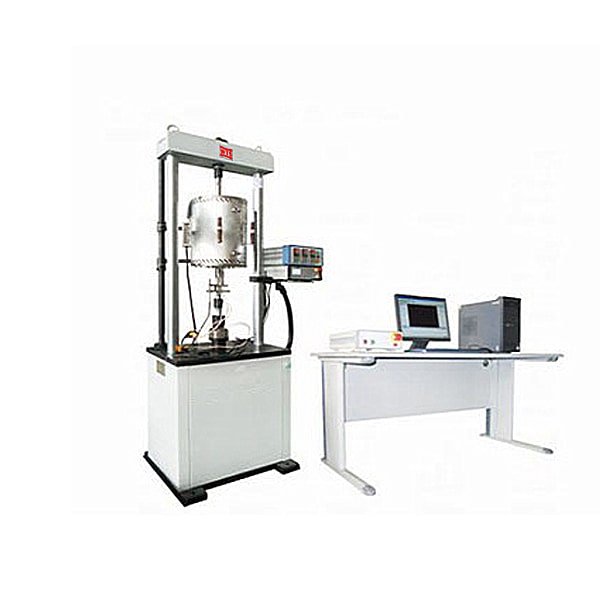What is Ultimate Tensile Strength (UTS)?
Ultimate Tensile Strength (UTS) refers to the maximum stress that a material can withstand before breaking when subjected to tension. It is a critical mechanical property for metals, plastics, composites, rubber, and other engineering materials.
UTS is usually measured in:
MPa (Megapascals)
N/mm² (Newton per square millimeter)
For example:
Mild steel: ~400–600 MPa
High-strength steel alloys: >1000 MPa
Plastics: typically much lower than metals

How to Measure Ultimate Tensile Strength?
The most reliable way to measure UTS is by using a Universal Testing Machine (UTM).
A UTM applies a controlled tensile force to a specimen until it fractures, recording both the applied load and the specimen’s elongation. The point at which the specimen breaks corresponds to its Ultimate Tensile Strength.
Key Components of UTM for UTS Testing:
Load Cell – measures the tensile force accurately
Grips/Fixtures – hold the specimen securely during testing
Extensometer – measures elongation or strain
Software – generates stress-strain curves, UTS, yield strength, and modulus
Stress-Strain Curve and UTS
When performing a tensile test, the UTM produces a stress-strain curve.
The peak point of the curve indicates the UTS.
Other parameters such as yield strength, elongation at break, and Young’s modulus can also be derived.

Applications of UTS Testing
Measuring Ultimate Tensile Strength with a Universal Testing Machine is widely used in:
Metals & Alloys – quality control in steel, aluminum, copper production
Plastics & Polymers – following standards like ASTM D638 and ISO 527
Rubber & Elastomers – tensile durability testing
Composites – aerospace, automotive, and sports equipment materials
Construction Materials – concrete, geosynthetics, and building components
Benefits of Using UTM for UTS Testing
Provides accurate, repeatable results
Complies with international standards (ASTM, ISO, GB/T)
Supports R&D, quality assurance, and certification
Ensures safety and reliability of products in critical industries
Conclusion
Ultimate Tensile Strength (UTS) is one of the most important mechanical properties for understanding how materials perform under tension. A Universal Testing Machine (UTM) is the standard equipment for accurately determining UTS, helping industries maintain product quality, safety, and compliance with global testing standards.
If your business involves materials testing, R&D, or quality control, investing in a high-quality Universal Testing Machine for UTS testing is essential.








